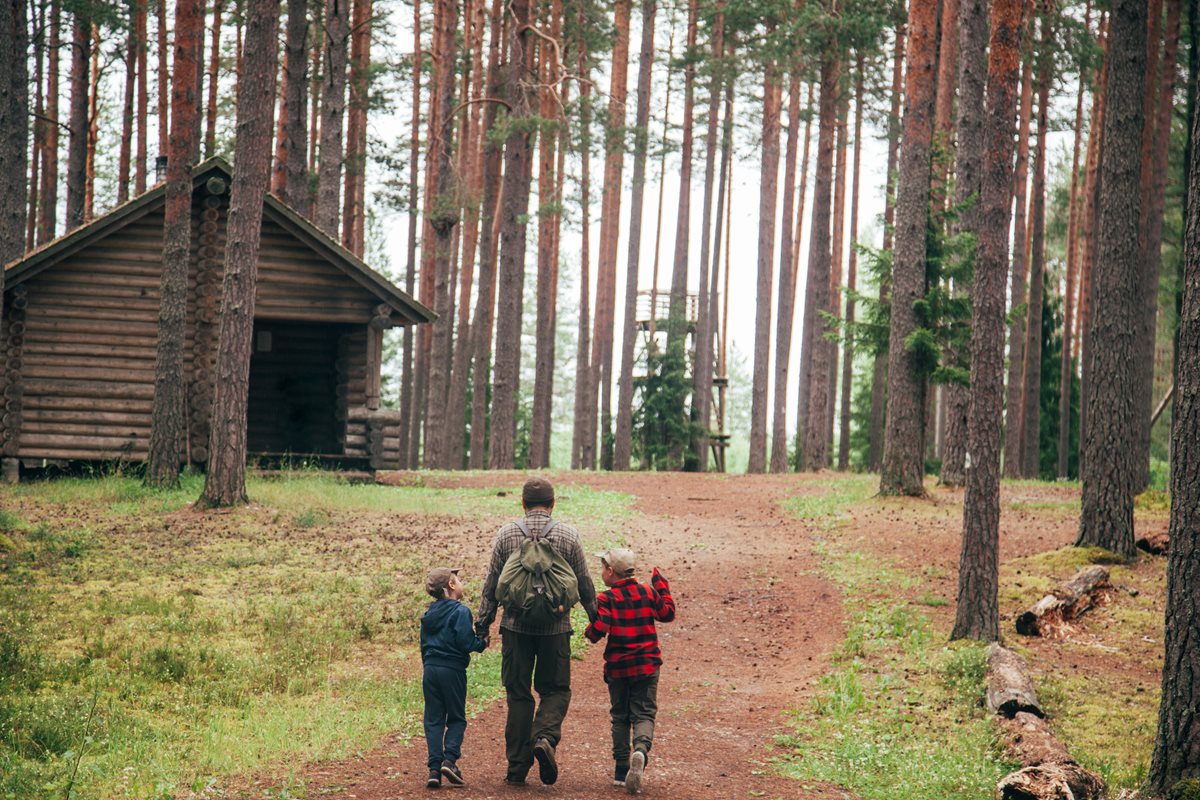8 Must-Know Tips for Buying Rural Recreation Land

Recreational land is the perfect escape for country dreamers seeking rural adventures. Before outdoor enthusiasts pull the trigger, there’s a few things they should consider in order to get the most out of their rec land property.
Discover what you need to know and explore how Compeer Financial can help. Whether for hunting, fishing, camping or relaxing, here are eight tips for buying rural recreation land you should follow to make sure your property hits the target.
1. Study the Location
Do your research. Drive around the areas you’re considering and if possible, go in different seasons to see the potential opportunities for recreational land use at different times of the year.
Pay attention to what amenities and attractions are nearby as they can affect land values. The closer in proximity they are to you, the more a parcel of land will likely cost. If this is the case, check for nearby telecommunication and power lines, which can be expensive to have installed.
Another point to consider is legal access to the property. Avoid rural land with legal access adjacent to public land. This may significantly impact the property’s value and usability. While securing legal access is possible, it can be a time-consuming and costly process.
Lastly, run a Percolation Soil Test to determine a suitable septic site for your property in case you plan to build on your rec land in the future.
Putting in the time to research these properties will not only enhance your enjoyment of your recreational land, but it will pay huge dividends when the land is finally purchased.
2. Understand the Boundaries
Before you purchase, let alone make any changes to your recreational land, know the boundaries of your property. Most rec land properties don’t have marked or surveyed property boundaries, so have a qualified third-party surveyor determine the exact dimensions of your potential land to prevent encroaching on your neighbor’s property.
3. Know Your Neighbors
Reach out to neighboring landowners who border your property. Ask them questions about their rec land and how they use it. If they have a forest management plan, how does it impact your property? What are their views on hunting? Open and honest communication is essential for building trust and avoiding potential problems in the future.
4. Identify the Wildlife
If you’re interested in hunting land, you will want to know the density per square mile for the game of your choice. Utilize state wildlife agencies, which manage wildlife populations and set hunting seasons, to find wildlife densities and harvest trends surrounding your recreational land.
5. Be Aware of Wetlands
Wetlands play an important role in nature and are protected by many laws. Given their protected status, it’s valuable to know where their boundaries lie. This will greatly influence what and where you can build as well as the overall value of the property.
6. Develop a Plan for Your Rec Land
Maintain a healthy forest ecosystem to preserve wildlife habitat and the value of your land. With proper planning, you can up your rec land game, and in some cases, even capitalize on your recreational land’s natural resources.
7. Evaluate your Property’s Revenue Potential
Rec land provides more than just rural fun. It could also make you some extra money. The variety, amount and maturity of trees on your property can impact its value as a source of timber. With a selective harvest, you could generate additional income and potentially help offset the cost of purchasing the rural land you have your eye on.
8. Understand Rural Land Financing Options
No two properties are the same and neither are your financing options. Explore factors like loan term length, payment schedule, interest rate, property valuation, loan amount and closing costs so you can determine exactly how much your new property will cost.
At Compeer Financial, we offer long-term fixed rate financing for recreational land loans, making us unique compared to some other lenders.
Armed with these tips, your hunt for the perfect rec land starts now. Embark on your quest for country and contact a lending officer about recreational land financing today!